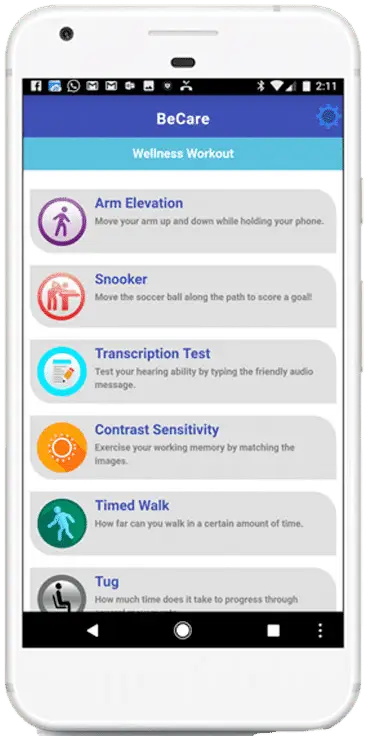Patient access to their physicians is a primary mover for healthcare improvement in 2020’s. One of the ways to enable close connection and communication is through easily useable mobile phone apps which allow patient input and secure data sharing with a chosen doctor’s office.
By playing games on your phone and answering questions about how you feel, the BeCare app can generate objective measurements of changes in your neurologic function, your cognition and your mood. It captures data about what meds you have been on and the benefit you experienced, the frequency and nature of your MS flares, your mood, your diet and exercise and your family history. The data is linked to the computer of any physician you select, and your physician can use the information to modify your treatment as appropriate.
In this presentation, Dr. Charisse Litchman discusses their award-winning app for patients managing their multiple sclerosis symptoms, and how it helps both patients and their health professionals monitor progress and adjust treatments.
Did you like your experience?
Please leave us a Testimonial HERE if you have a Google account.
Your word helps get our word out to more people.
Thank you in advance!!




